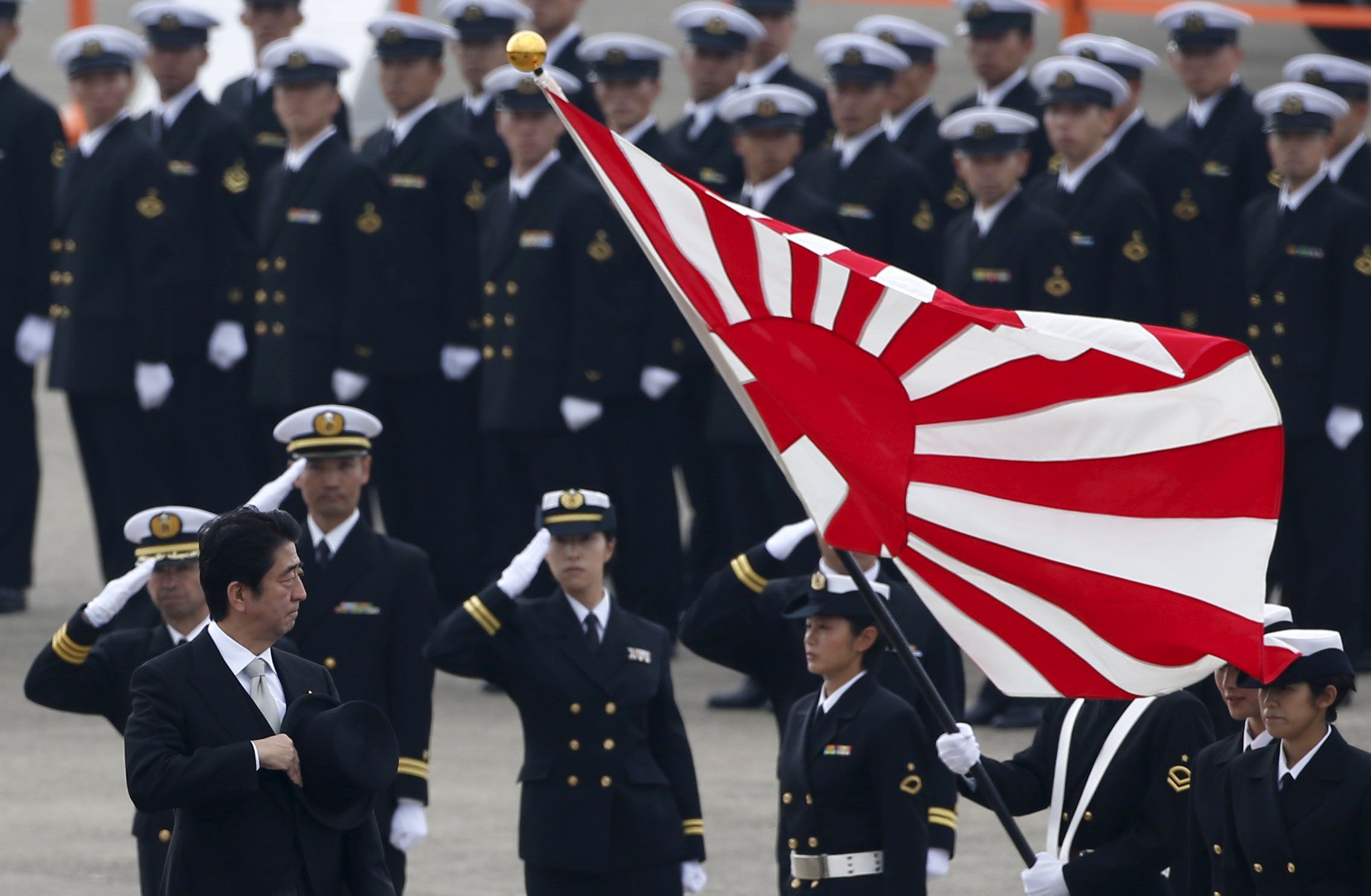Media coverage of the Liberal Democratic Party's plans to bolster Japan's military position in the world has largely focused on the constitutionality of the two bills that allow the Self-Defense Forces to come to the aid of allies overseas. Those who oppose these bills have used this constitutional question as a tool, and when the argument gets bogged down in legal niceties they appeal to the public's fears and sentiments: Do you want young Japanese men to die for others' causes?
But if there's anything we've learned since Shinzo Abe regained the premiership in 2012 for the LDP, it's that the public is more concerned about the economy than hypothetical conflicts in countries they've never heard of — or even with China, which Abe implicitly cites as a threat to Japan. If the opponents of remilitarization really want to get more people on their side, they should be talking about defense spending, because the mainstream press isn't.
The Japan Communist Party, which is opposed to anything the LDP proposes, says that Japan's military buildup is encouraged by the United States in order to tip the trade balance in its favor by getting Japan to buy more weapons, even when those weapons are made by Japanese companies. Because the media looks on the JCP as a far-left organization, it rarely pays attention to what the party says, but a 2011 post on the JCP blog, Jinmin no Hoshi, pointed out that if Japan could legally export weapons — which became possible last year — it could start producing more, something America approves of. It was the U.S. that suggested to Australia that it buy submarines from Japan.

















With your current subscription plan you can comment on stories. However, before writing your first comment, please create a display name in the Profile section of your subscriber account page.